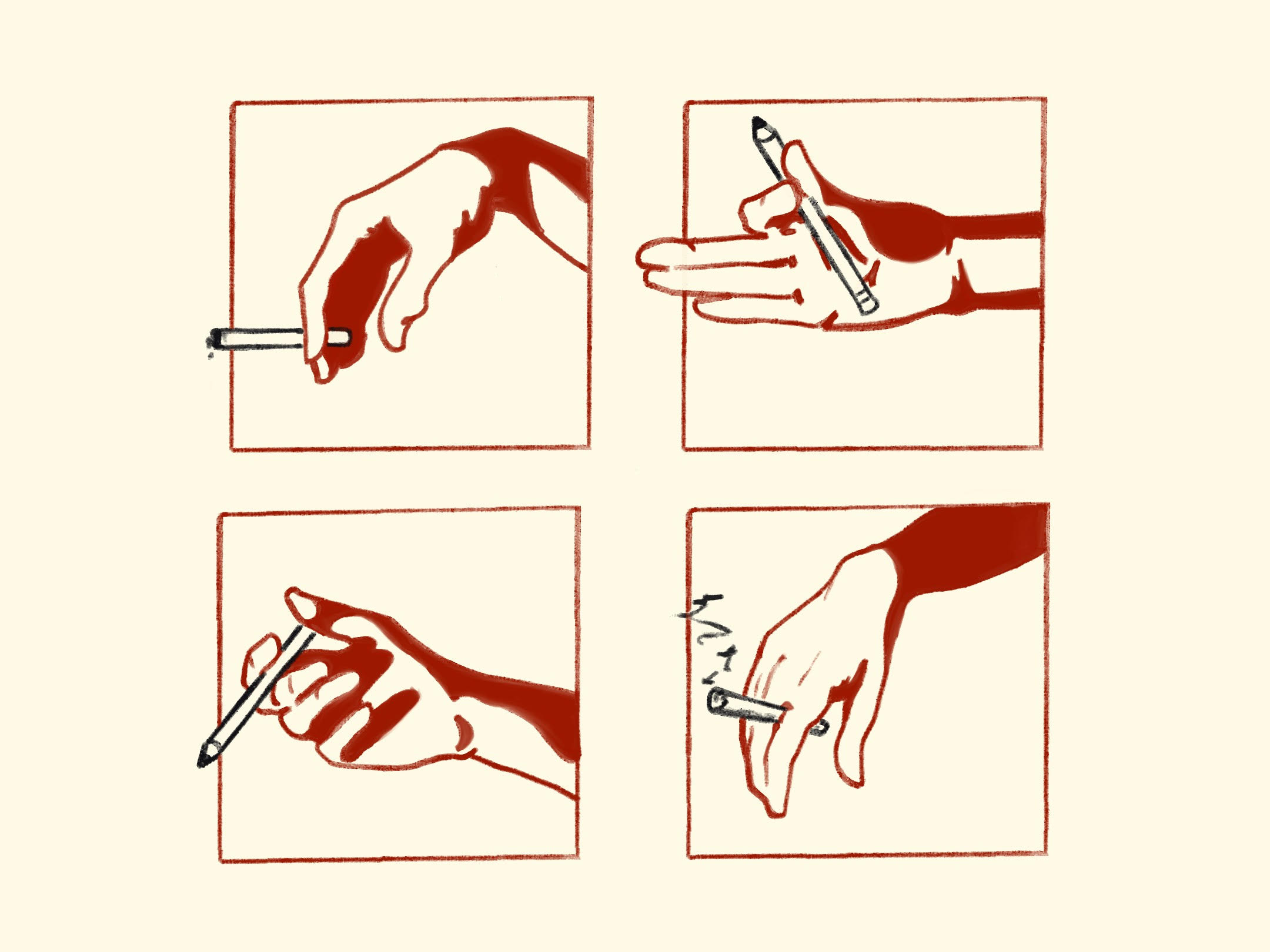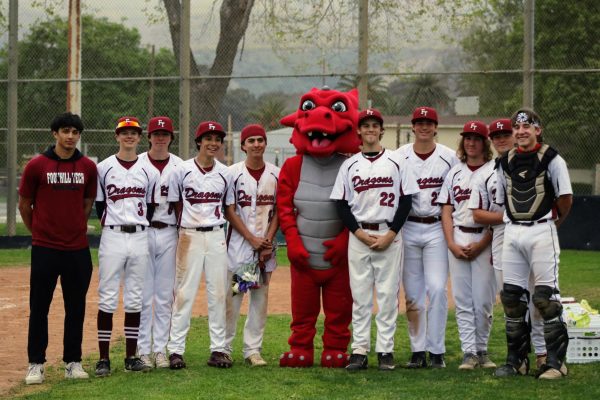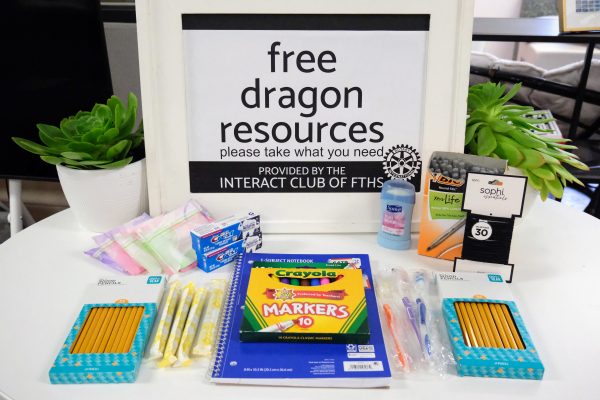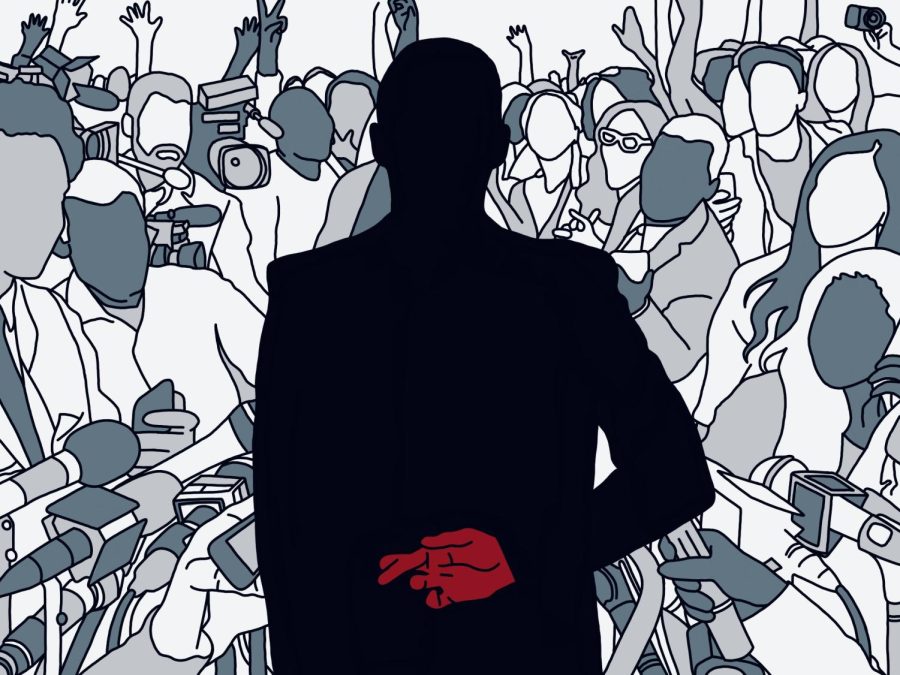
From an outsider’s perspective, America’s “melting pot” culture may give the illusion that it is completely unprejudiced. After all, we have elected an African American president, developed laws to aid minorities, and even gone so far as to grant illegal aliens services that are (to them at least) free of charge. However, having been born and raised in the United States, I will be the first to say that these foreign speculations are untrue.
Bigoted views have been sewn into the fabric of the United States and are often passed down from one generation to another. It isn’t simply Caucasians that are doing this, despite a common stereotype. It is also the different races that compose our culture, such as Hispanics, African Americans, and Asians, that implant unjust and unfair principles into children’s heads.
Generally speaking, when people leave their native land for a new country they bring along with them the attitudes and traditions of that country. That being said, every country has some type of hatred or dislike for other races.
Stereotypically, Argentineans have a dislike for Brazilians; the Spanish have something against the British; the Indians don’t get along with the Palestinians; North Koreans strongly detest the South Koreans; and Russians aren’t all that fond of the Chinese.
So when all these immigrants arrive and have children, what do they do? They instill in them the principles that were taught to them by their parents and ancestors. So, when the Argentinean kid from down the block finds out that there is a Brazilian kid just a couple houses down, what does the he do? He hates on him, teases him, and makes him feel like a second class citizen.
Coming from a Hispanic upbringing, I will be the first to say that these types of situations do exist. I remember the child who wouldn’t be my friend because I was half-Guatemalan, and the person who wouldn’t associate with me because he was Salvadorian. However, for every time I remember being rejected because of my race I can remember a time when I would do the same.
When I would visit Honduras as a child, I remember feeling superior to the other children simply because I was “whiter” than they were. I remember not wanting to be friends with the Mexicans because of all the negative things I heard about them. I also remember feeling intimidated by the darker skinned people because I thought they were more dangerous than fair skinned people.
It wasn’t until I was 12 or 13 that I realized that these types of assumptions are not only incorrect, but help perpetuate the racism problem in America. Reality slapped me in the face and told me that all the jokes my friends and I would make were not only making the matter worse, but also helping racism become stronger and more prominent among our culture.
Unfortunately, prejudice is not only prevalent in the United States. Our neighbor, Mexico, also deals with a vast amount of racism. A recent study by the National Council for the Prevention of Discrimination has concluded that 60 percent of Mexicans have admitted to insulting someone else because of their skin color. In addition, 40 percent confessed that they treated people differently because of their skin tone, and a surprising 11 percent believed this discrimination to be justifiable.
The Mexican government is trying to combat this ever growing problem, but the reality is that it’s a task that will probably never be accomplished. Just like in the America, racism will most likely continue to dominate their culture.
So, what can we do to stop this? In reality, virtually nothing. We can tell adults to stop, but they have already been taught racism by their respected elders. What we can do, however, is engrain in young children the philosophy that people, regardless of their race or ethnicity, are equal.

















